Canada increases minimum proof of funds for Express Entry applicants
The Government of Canada has increased the minimum settlement fund requirement for prospective immigrants applying under the Express Entry system.
Beginning July 7, 2025, applicants under the Federal Skilled Worker Program (FSWP) and the Federal Skilled Trades Program (FSTP) must now show at least $500 more in available funds to qualify for permanent residency.
This update, published by Immigration, Refugees and Citizenship Canada (IRCC), means a single applicant must now present CAD 15,263.
In 2024, the minimum proof-of-funds for a single applicant was CAD 14,690 which represents a 3.4% increase.
The increase affects all Express Entry applicants who do not have a valid job offer or Canadian work authorisation.
The new proof-of-funds threshold varies depending on family size. For each additional family member, an extra CAD 4,112 is required. Here is the updated Proof of Funds Requirement
This annual update is tied to Canada’s Low-Income Cut-Off (LICO) and is reviewed each year to ensure that newcomers can adequately support themselves upon arrival.
This updated requirement applies only to applicants under the FSWP and FSTP. Those applying under the Canadian Experience Class (CEC) are exempt. Similarly, applicants who already have a valid job offer and work authorisation in Canada are not required to submit proof of funds.
However, even if exempt, applicants must upload a formal letter to confirm their exemption either by referencing their CEC status or a valid job offer.
IRCC specifies that applicants must submit official letters from banks or financial institutions, which must:
These funds must be readily available and legally accessible both at the time of application and upon arrival in Canada. Assets like home equity, borrowed money, or investments not liquid are not accepted.
Canada has temporarily extended the eligibility window for international students affected by the recent changes to the Post-Graduation Work Permit (PGWP) program. Initially, hundreds of non-degree diploma and certificate programs were to lose PGWP eligibility by June 25, 2025, but the new rules will now take effect in early 2026.
This adjustment allows students who applied for study permits between June 25 and July 4, 2025, to still qualify under the old criteria.
The list of PGWP-eligible programs has expanded from 920 to 1,107, offering broader post-study work options. However, the update also removed 178 programs, including all in transport-related fields, while adding 119 new ones, mainly in education.
The extension is a response to widespread concern over the rapid rollout of the changes. Students who applied before June 25 remain fully protected under the old rules. The exemption for college bachelor’s, undergraduate, master’s, and PhD programs still applies, and only students completing programs of at least eight months at designated institutions can qualify for a PGWP.
Recommended Articles
FIBA U19 Women's World Cup Heats Up: Finalists Set and Fan Vote for Best Player Begins!
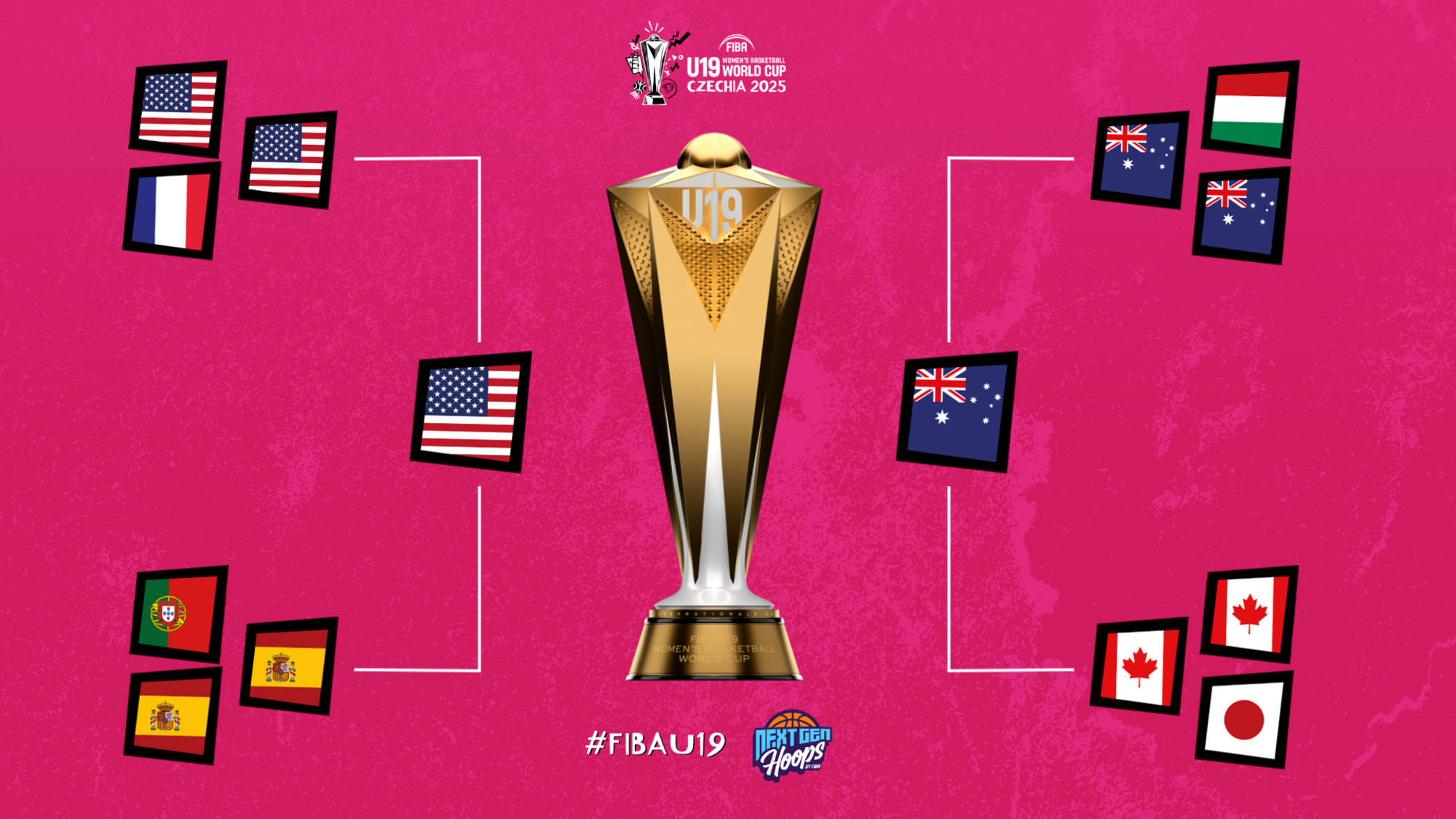
The FIBA U19 Women's Basketball World Cup 2025 in Brno, Czechia, is set for its conclusion with the Third Place Game and...
Canada extends work permit access for international students to 2026
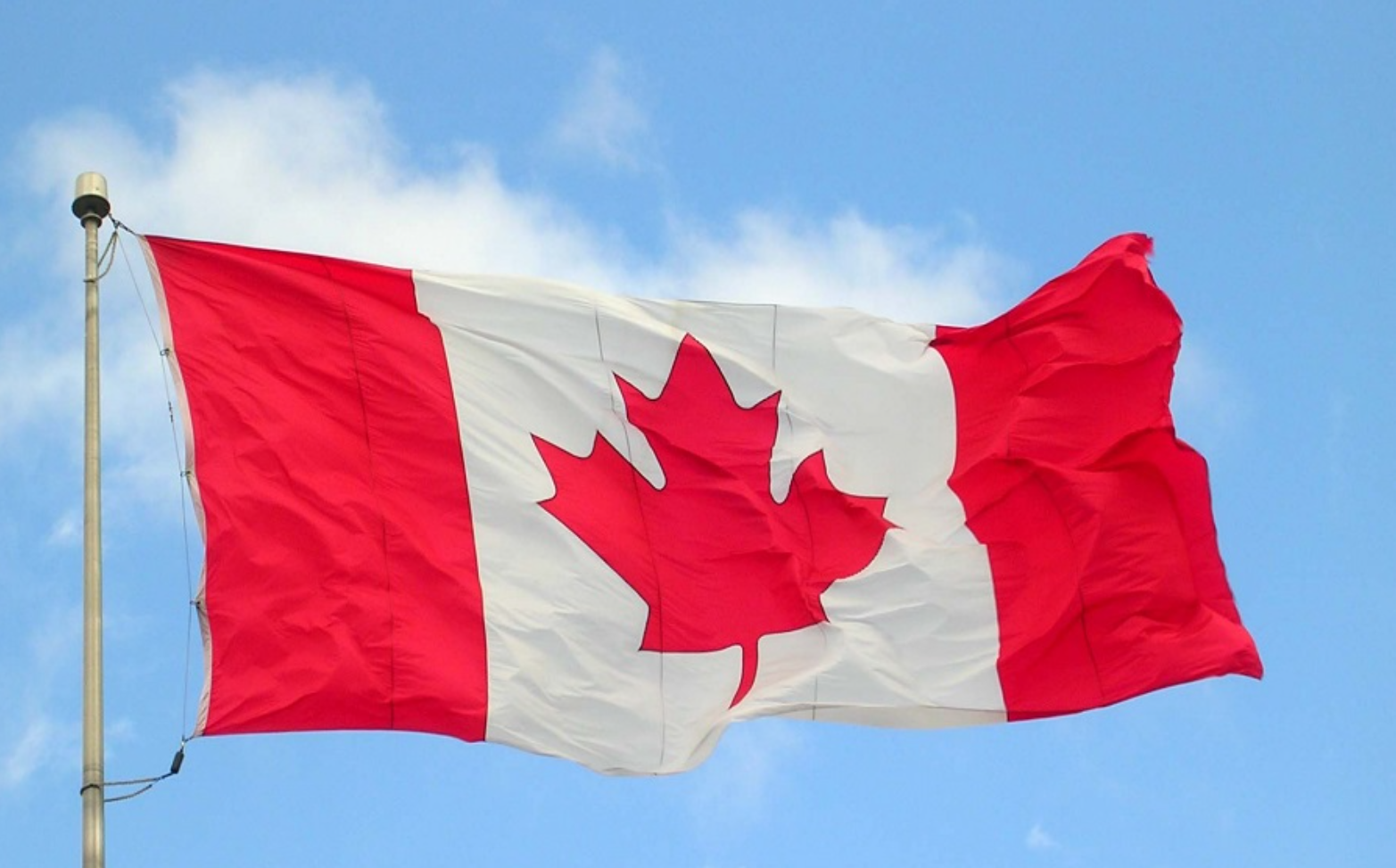
Canada has extended the grace period for international students affected by recent changes to the Post-Graduation Work P...
Bow Valley Credit Union in Canada turns on Bitcoin purchases for Albertans

BVCU’s Bitcoin Gateway, with Balance Custody and Bull Bitcoin API, simplifies buying bitcoin. “Facilitates institutional...
Icelandic Roots, Fresh Seafood And Lakefront Charm Flavor This Artsy Escape On Lake Winnipeg

Icelandic Roots, Fresh Seafood And Lakefront Charm Flavor This Artsy Escape On Lake Winnipeg Manitoba is one of the most...
Canada's Epic Pop-Up Waterfront Patio In Vancouver Offers World Cuisine And City Views Just For The Summer

Canada's Epic Pop-Up Waterfront Patio In Vancouver Offers World Cuisine And City Views Just For The Summer Canada in the...
You may also like...
Financial Literacy Isn’t a Luxury—It’s Survival
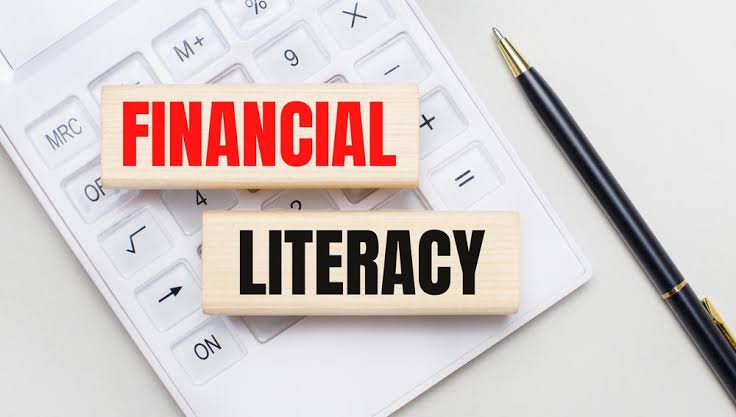
In today’s Africa, financial literacy is no longer optional—it’s survival. This article explores why Africans must mast...
Social Insight: Why Kindness Is No Longer Enough in Today’s World

Why Kindness Alone Won’t Save Us: The Urgent Call for Brave, Disruptive Goodness In a world burning with injustice, i...
The Dark Side of Wanderlust: Is Our Obsession with "Revenge Travel" Destroying the Very Places We Lo

Your vacation photos don't tell the whole story. Uncover how global "revenge travel" fuels overtourism, displacing loca...
Unlocking the Mind: How Knowledge Transforms the Brain in the Age of Information

Discover how learning and reading physically rewire the brain in the age of information. This article explores neuroplas...
When Time Becomes the Teacher: How Life’s Seasons Shape Who We Become
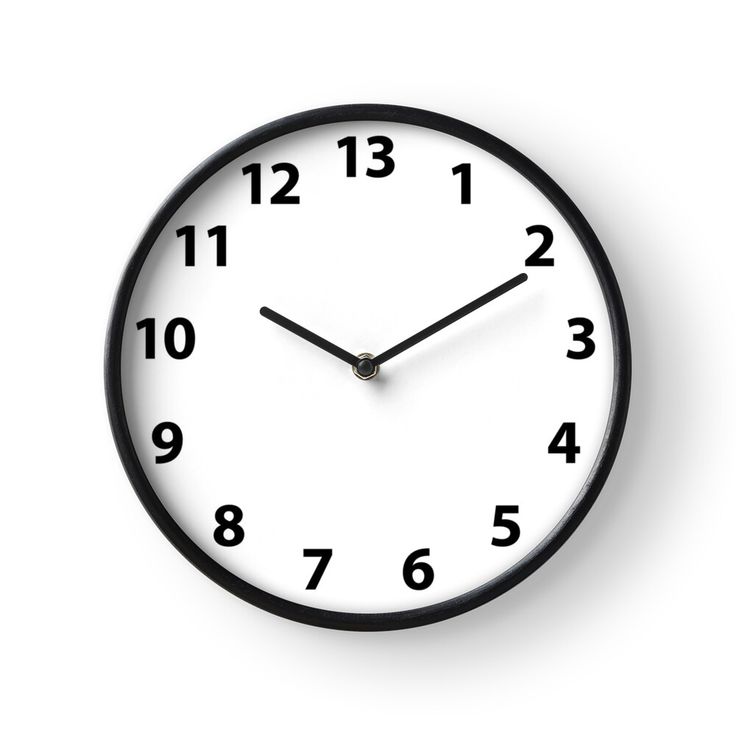
Meta Description: Explore how life’s seasons; spring, summer, autumn, and winter, shape personal growth and transformat...
“I Don’t Like Broke Men, But I’m Also Broke”: The Dating Dilemma No One Talks About

A sharp, honest take on the double standards young women hold about dating broke men — while being financially dependent...
The Unseen Giant: How Africa's Informal Economy Fuels Innovation (Beyond the Official Books)
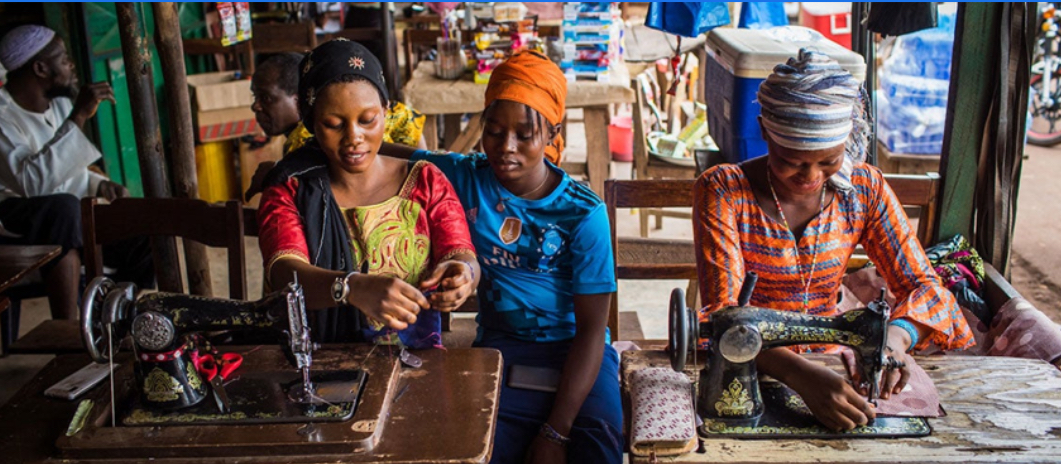
Uncover Africa's vibrant informal economy, a powerful engine of innovation and livelihood often ignored. Discover how un...
Who Gets to Be Called African in the Diaspora Debate?

This powerful opinion article from New Africa Magazine delves into the complex question: Who gets to be called African? ...